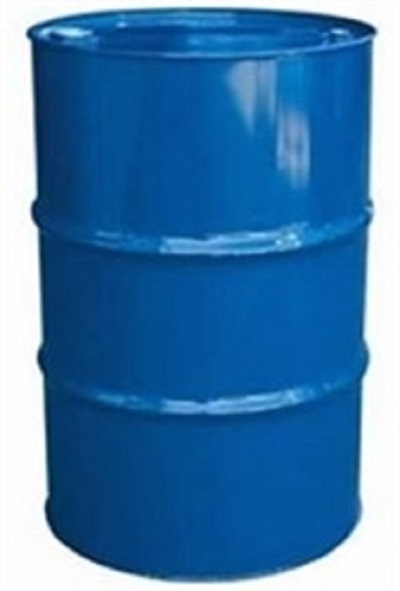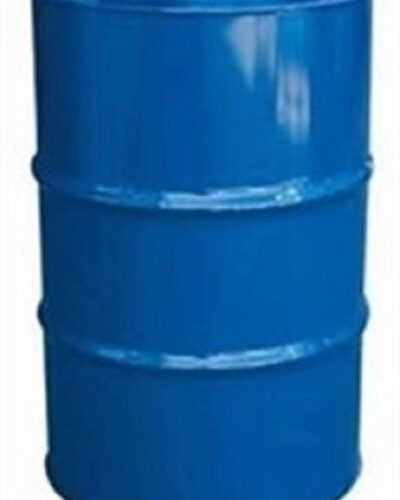Ucon 50-HB-2000
UCON 50-HB-2000 is a polyalkylene glycol (PAG) that is sold as a base stock for your formulation. UCON fluids and lubricants are synthetic, a key benefit to using our base stocks because they can be controlled and varied to achieve a level of performance not possible with natural oils and lubricants.
Product Overview
The information in this document is valid for higher molecular weight UCON™ 50-HB lubricants, as listed in the Names section. UCON 50-HB lubricants are polyalkylene glycol monobutyl ether polymers. They are colorless to yellow liquids with a mild odor. The solubility of UCON 50-HB lubricants in water changes with temperature. UCON 50-HB lubricants have the unusual property of complete solubility (dissolving easily) in cold water; however, they become insoluble at temperatures greater than 40°C (104°F).1,2 For further details, see Product Description.
UCON 50-HB lubricants are used a variety of applications, including but not limited to: textile fiber manufacturing lubricant; chemical intermediate; foam control agent; anti-stick, coating agent for the rubber industry; and base polymers for the formulation of specialized lubricants. UCON 50-HB lubricants are also used in skin- and hair-care formulations as emollients (softening agents) and solvents.2,3 These products should not be used in aerosol applications. For further details, see Product Uses.
Worker exposure to UCON 50-HB lubricants is possible during manufacturing or industrial use.1 Because these materials can be used in personal care products, consumer exposure is also possible. For further details, see Exposure Potential.
Eye contact with the higher molecular weight UCON 50-HB lubricants is essentially nonirritating. Although brief skin contact is nonirritating, prolonged skin contact may cause slight irritation with local redness. Prolonged skin contact is not likely to result in absorption of harmful amounts. These materials have low volatility at room temperature. Prolonged inhalation of heated material or mist may cause serious adverse effects, even death.1 These products should not be used in aerosol applications. For further details, see Health Information.
Description
UCON 50-HB-2000 is a polyalkylene glycol (PAG) that is sold as a base stock for your formulation. UCON fluids and lubricants are synthetic, a key benefit to using our base stocks because they can be controlled and varied to achieve a level of performance not possible with natural oils and lubricants.
Product Overview
The information in this document is valid for higher molecular weight UCON 50-HB lubricants, as listed in the Names section. UCON 50-HB lubricants are polyalkylene glycol monobutyl ether polymers. They are colorless to yellow liquids with a mild odor. The solubility of UCON 50-HB lubricants in water changes with temperature. UCON 50-HB lubricants have the unusual property of complete solubility (dissolving easily) in cold water; however, they become insoluble at temperatures greater than 40°C (104°F).1,2 For further details, see Product Description.
UCON 50-HB lubricants are used a variety of applications, including but not limited to: textile fiber manufacturing lubricant; chemical intermediate; foam control agent; anti-stick, coating agent for the rubber industry; and base polymers for the formulation of specialized lubricants. UCON 50-HB lubricants are also used in skin- and hair-care formulations as emollients (softening agents) and solvents.2,3 These products should not be used in aerosol applications. For further details, see Product Uses.
Worker exposure to UCON 50-HB lubricants is possible during manufacturing or industrial use.1 Because these materials can be used in personal care products, consumer exposure is also possible. For further details, see Exposure Potential.
Eye contact with the higher molecular weight UCON 50-HB lubricants is essentially nonirritating. Although brief skin contact is nonirritating, prolonged skin contact may cause slight irritation with local redness. Prolonged skin contact is not likely to result in absorption of harmful amounts. These materials have low volatility at room temperature. Prolonged inhalation of heated material or mist may cause serious adverse effects, even death.1 These products should not be used in aerosol applications. For further details, see Health Information.
You must be logged in to post a review.



Reviews
There are no reviews yet.